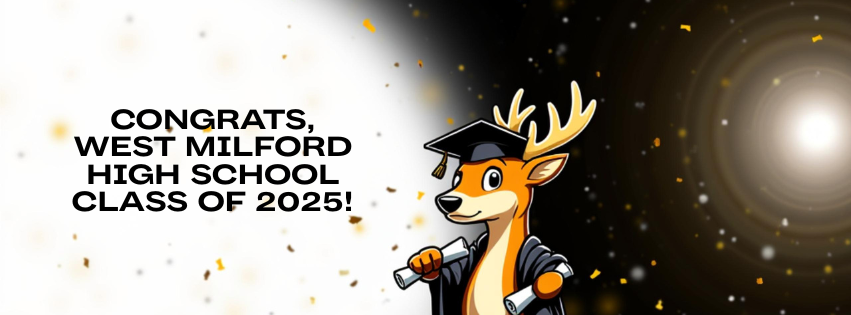How did holiday traditions start?
The number of holiday traditions that center around this season is astronomical, however not many people know how these traditions began. Many of these Christmas traditions began in early European times, and derived especially from Germany.
The Christmas tree tradition started in Germany in the 16th century, with Protestants lighting candles and decorating trees as a sign of appreciation to God. As the tradition of Christmas trees became popularized in Germany, the practice began to spread across Europe. Then, when immigration began to the United States, the tradition carried over. Recognizing the increasing desire for Christmas trees, Mark Carr began the first Christmas tree lot in New York during the 1910s to accommodate all classes, because only the wealthy had their own horse and buggies with which they could bring the trees home.
The tradition of the Christmas pickle also started in Germany, as German workers needed to come up with a new sales pitch for ornaments. Several workers decided to create pickle shaped ornaments for the trees. The tradition became a custom to hide the pickle shaped ornament in the tree and the first person who finds the pickle gets an extra present.
Moving on from Germany, England also started a beloved tradition in 1843– Christmas cards. Cards started off simple with a drawing on some paper with “Merry Christmas” sent to loved ones, however in current times, the tradition erupted and every Christmas, many families send and receive dozens of Christmas cards.
The last major Christmas tradition started with the fabulous country with our friends to the north, Canada, and their love for ugly sweater parties. In 2001, Canada boomed with ugly sweater parties and the idea carried across the globe. Now, there are thousands of ugly sweater parties every Christmas season, and the winner usually receives a prize.
In addition to Christmas traditions, there are many other traditions that have interesting backgrounds. Menorah lightings for Hanukkah started when there was a rededication for the Second Temple, in which Jewish people were to rise against oppressors in the Maccabean Revolt. There was only enough oil that they brought for their travels for one day, yet the oil ended up lasting for eight days, ensuring that Judda Macabee could find more oil, sparking the menorah lighting tradition. Another sacred Hanukkah tradition, dreidels, became popular in 1890 when those who illegally studied the Torah and were being persecuted for their beliefs created this game to pass the time as they hid. Families who played this game had to hide in caves, basements, or anywhere else they could to escape torment, and dreidels became a great way to pass the time. Now this fun game is played every Hanukkah and children can win gelt, or chocolate coins.
Kwanzaa is a traditionally celebrated holiday in America for African-Americans. It’s also celebrated in the Caribbean and countries that have African descent. Kwanzaa is celebrated from December 26th to January 1st every year, to celebrate the arrival of the first harvest. The tradition is similar to Christmas, where there is a gift exchange and a large dinner shared with loved ones. The first official Kwanzaa was held in 1966, and was founded by Dr. Karenga in California.
Another holiday on the list is Chinese New Year, which began in the BC times. This tradition is thousands of years old, and still celebrated bigger and better than ever today. The tradition started as a ceremony to honor the Gods, to give them gifts and thanks for looking out for the Chinese. It is celebrated with a giant parade that ends with a dragon float, the symbol of Chinese New Year, and fireworks. Overall, it is a beautiful occasion that many are lucky enough to experience. This winter season it will be happening on February 12th, 2021.
Tradition is important to many people, and learning about how these traditions started can be fun and informative. Learning about the traditions for other cultures and religions opens up many doors to understanding different lifestyles and experiences.

